Celery seed is the dried fruit of the wild celery plant (Apium graveolens), harvested after flowering and used as a potent spice. Unlike celery stalks found in grocery stores, these tiny seeds concentrate intense flavor compounds, making them ideal for dry seasoning applications where fresh celery's moisture would dilute impact. One quarter teaspoon typically delivers the flavor equivalent of two cups chopped celery stalks.
Table of Contents
- What Celery Seed Actually Is (And What It's Not)
- Flavor Profile Breakdown: Why Chefs Reach for It
- Celery Seed vs. Fresh Celery: Critical Differences You Need to Know
- Science-Backed Health Benefits vs. Myths
- 5 Practical Culinary Applications (Beyond Potato Salad)
- Proper Storage: How to Prevent Flavor Degradation
- FAQs: Quick Answers to Common Questions
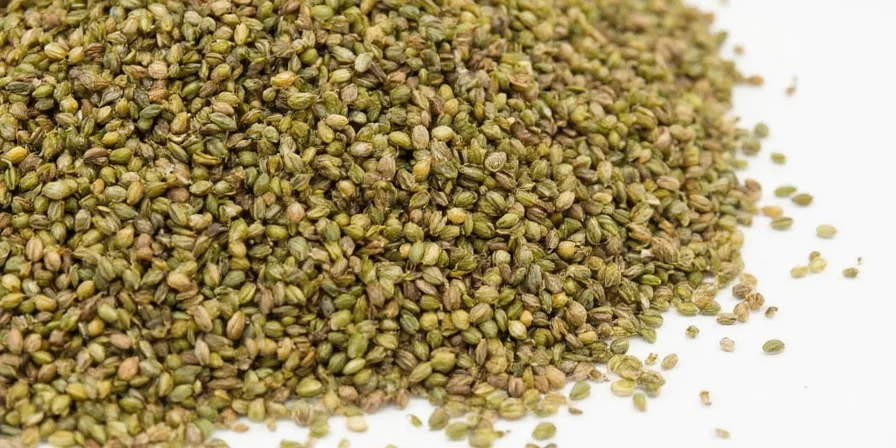
What Celery Seed Actually Is (And What It's Not)
Celery seed comes from the same botanical family as common celery (Apium graveolens) but represents a completely different plant component. These minute seeds (approximately 1-2mm in size) are harvested from flowering celery plants, then dried to preserve their concentrated flavor compounds. They function as a spice rather than a vegetable, making them suitable for dry rubs, pickling blends, and seasoning mixes where moisture would compromise texture.
Unlike grocery store celery stalks—which are mostly water with mild flavor—celery seeds contain up to 3% essential oil, creating remarkable potency. This concentration explains why recipes typically require just 1/4 teaspoon to transform dishes. Despite historical medicinal use documented across Mediterranean and Asian traditions, modern culinary applications primarily leverage its flavor-enhancing properties.
Key Distinction:
Celery seed is not the same as "celery flakes" or dried celery stalks. The seed contains different chemical compounds (notably 3-n-butylphthalide) that create its distinctive aroma and flavor profile, making substitution between these products ineffective in recipes.
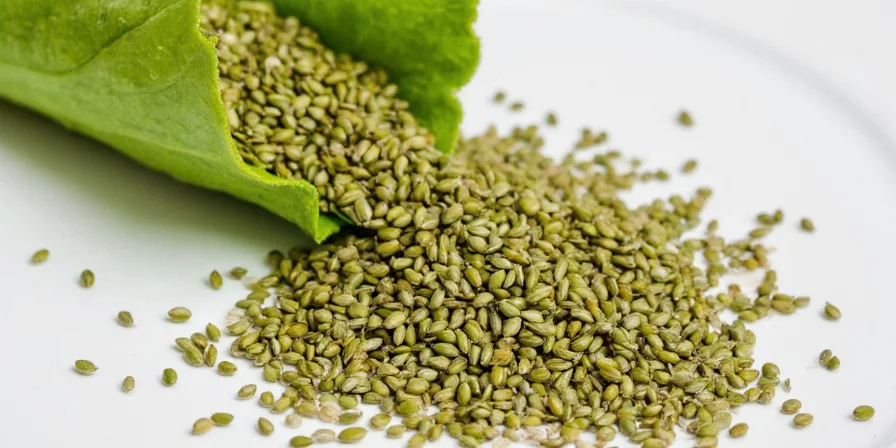
Flavor Profile Breakdown: Why Chefs Reach for It
Celery seed delivers a complex sensory experience: earthy foundation notes reminiscent of forest floors, herbaceous top notes similar to lovage, subtle peppery warmth, and a natural savory quality that mimics saltiness without sodium. When properly toasted, its flavor evolves—developing nutty undertones while retaining its distinctive green character. This transformation makes it versatile for both raw applications and cooked dishes.
Unlike fresh celery's mild crunch, the seed offers concentrated depth without water content. This characteristic allows it to integrate seamlessly into dry preparations where fresh celery would introduce unwanted moisture. Its bitterness only emerges when overused, typically beyond 1 teaspoon per serving.
| Flavor Dimension | Practical Impact |
|---|---|
| Earthy Foundation | Enhances mushroom dishes and root vegetable roasts |
| Herbaceous Lift | Complements parsley, thyme, and rosemary in blends |
| Peppery Spark | Adds subtle heat without chili's intensity |
| Natural Umami | Boosts savory depth in vegetarian and vegan recipes |
| Toasted Complexity | Reveals nutty notes when dry-toasted pre-use |
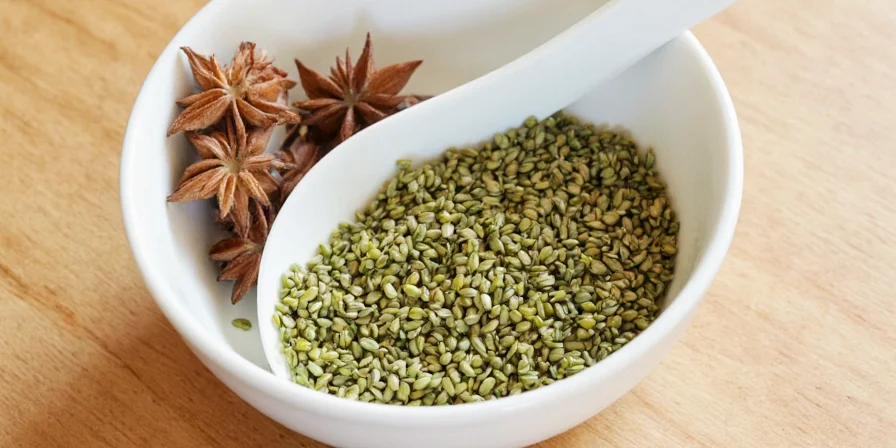
Celery Seed vs. Fresh Celery: Critical Differences You Need to Know
Despite sharing botanical origins, celery seed and fresh stalks serve fundamentally different culinary purposes. The seed's concentrated compounds behave unlike the stalk's water-based chemistry, creating distinct applications:
| Characteristic | Celery Seed | Fresh Celery Stalk |
|---|---|---|
| Flavor Concentration | High intensity—1 tsp replaces 2 cups chopped stalks | Mild—requires large quantities for noticeable flavor |
| Moisture Impact | Dry ingredient—won't alter recipe hydration | Adds significant water content |
| Heat Stability | Retains flavor through prolonged cooking | Loses character when simmered >30 minutes |
| Culinary Role | Background flavor architect | Texture provider or fresh component |
| Shelf Reality | 3-4 years in optimal storage | 2-3 weeks refrigerated |
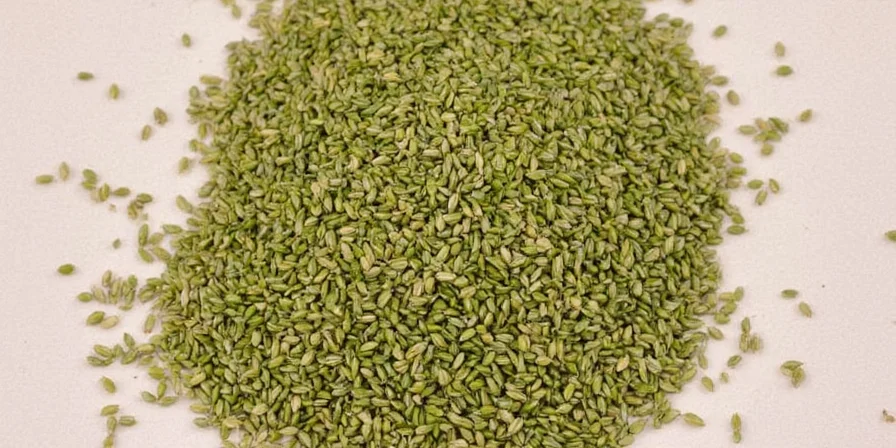
Science-Backed Health Benefits vs. Myths
Traditional medicine systems recognized celery seed's properties long before modern analysis. Contemporary research examines these observations with scientific rigor:
- Limited Diuretic Effect: Contains compounds studied for mild fluid regulation, though culinary quantities show minimal physiological impact.
- Antioxidant Content: Contains luteolin and other flavonoids with demonstrated antioxidant properties in laboratory settings.
- Preliminary Inflammation Research: 3-n-butylphthalide (3nB) has been studied for potential effects on inflammatory pathways, though human trials remain limited.
- Dietary Context: As part of diverse plant-based diets, contributes to overall phytochemical intake linked with health benefits.
Important Reality Check:
These potential benefits manifest most significantly in concentrated extracts (300-1500mg daily). Culinary usage (typically 1/4-1 tsp) contributes to dietary diversity but shouldn't be expected to deliver therapeutic effects. The FDA considers celery seed Generally Recognized As Safe (GRAS) for culinary use.
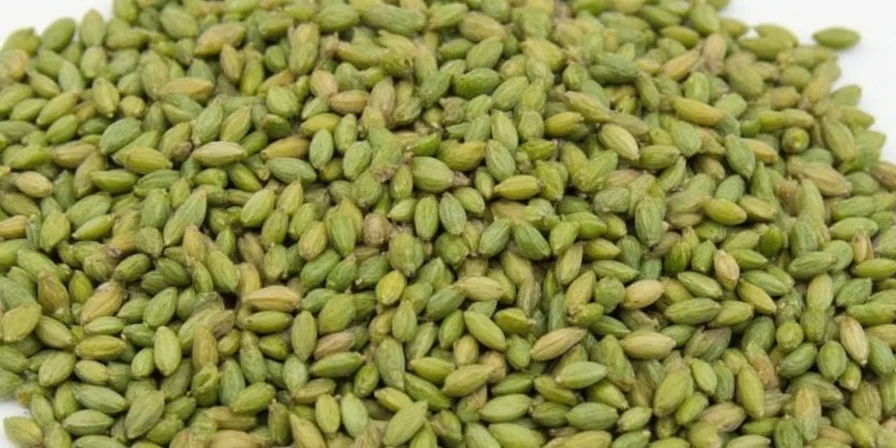
5 Practical Culinary Applications (Beyond Potato Salad)
Move beyond traditional uses with these chef-tested techniques that leverage celery seed's unique properties:
- Brine Amplifier: Add 1/2 teaspoon to vegetable brines for complex depth without overpowering.
- Vegetarian Umami Boost: Mix with nutritional yeast in plant-based cheese sauces for savory complexity.
- Pastry Secret: Incorporate into shortbread dough for unexpected herbal contrast to sweetness.
- Coffee Rub: Combine with ground coffee and cocoa for a smoky meat rub with herbal undertones.
- Oil Infusion: Steep in olive oil for 48 hours to create versatile finishing oil for roasted vegetables.
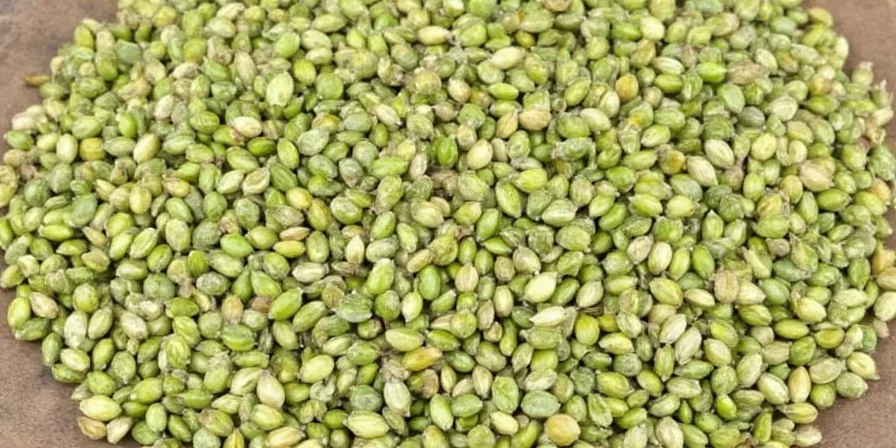
Proper Storage: How to Prevent Flavor Degradation
Maximize shelf life through strategic storage practices:
- Air Control: Use glass containers with silicone seals—plastic may absorb volatile oils.
- Light Defense: Store in opaque containers or dark cabinets; light degrades key compounds within weeks.
- Temperature Strategy: Keep below 70°F (21°C); freezer storage extends potency to 5 years.
- Revival Technique: Toast seeds in dry pan 60-90 seconds to reactivate aromatic compounds.
- Freshness Check: Rub between fingers—if aroma doesn't fill your palm, replace the batch.
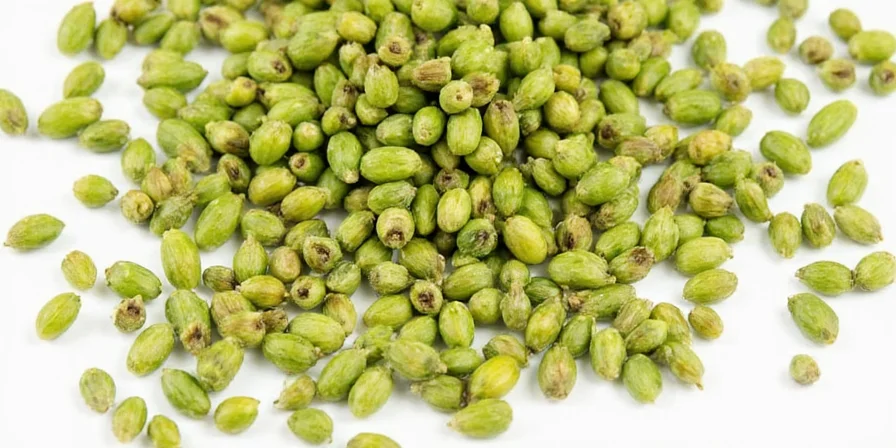
FAQs: Quick Answers to Common Questions
- Q: How does celery seed differ from celery salt?
- Celery salt combines ground celery seed with salt (typically 3:1 ratio). Pure celery seed offers more versatile flavor control without sodium addition.
- Q: Can I substitute fresh celery for seeds in recipes?
- Not directly. For every 1/4 tsp seed, use 1 cup finely chopped celery stalks—but expect texture and moisture differences. Best for soups/stews, not dry rubs.
- Q: Why does my celery seed taste bitter?
- Overuse (beyond 1 tsp per pound of food) or improper storage causes bitterness. Toast seeds briefly to mellow harsh notes.
- Q: Are there culinary substitutes for celery seed?
- Dried lovage leaves offer closest match. In a pinch, combine 1/2 tsp dill + 1/4 tsp fennel seed per 1 tsp celery seed.
- Q: Does celery seed contain allergens?
- Those with celery allergies should avoid it. Cross-reactivity occurs in 70% of celery-allergic individuals per clinical studies.
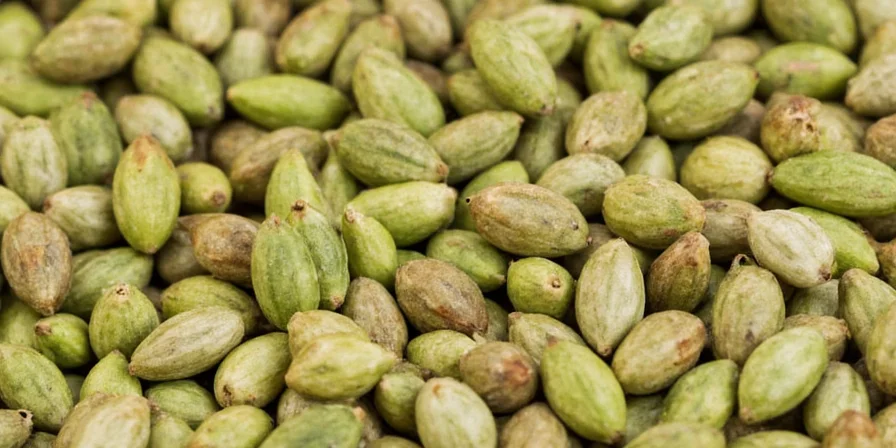

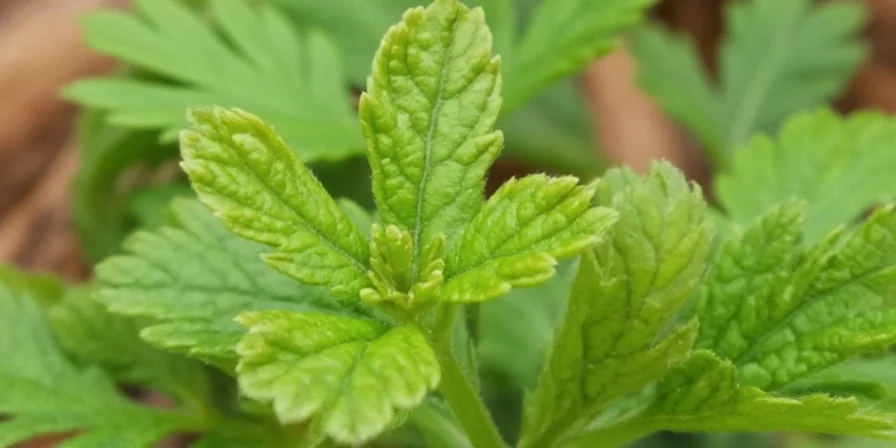









 浙公网安备
33010002000092号
浙公网安备
33010002000092号 浙B2-20120091-4
浙B2-20120091-4